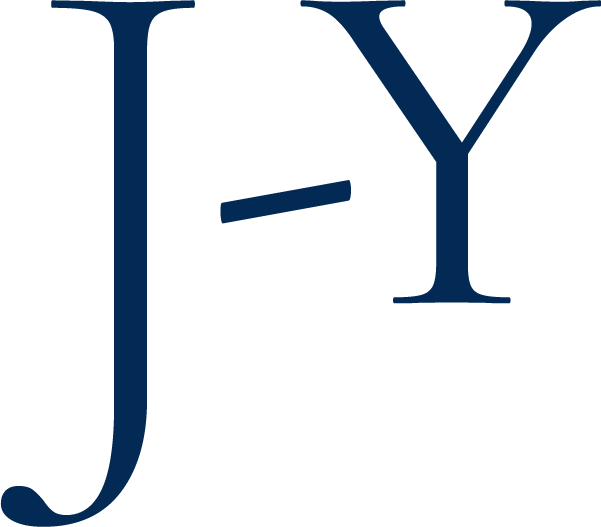While many of us know the importance of relational skills such as navigating conflict and repair after rupture, we’re often not taught or practiced in the building blocks that make these bigger pieces possible.
Learning how to receive and offer feedback, including working with the big feelings and complexities that come with such processes, is a crucial, foundational skill in cultivating nourishing relationships and sustainable movements.
This workshop is for folks who aim to embody abolitionist praxis and are committed to strengthening their relationships through difference, conflict, and rupture. Folks who are newer to intentional feedback practices or want to fine-tune existing practices are all welcome!
Key explorations:
Shift your orientation to and relationship with feedback — feedback as a love language, love practice.
Reflect on what makes feedback so hard: our baggage, our feelings, and power dynamics.
Learn some strategies and scripts for both receiving and giving feedback.
This workshop is an introductory offering on integrating feedback in our day to day. While the goal is to be able to use these skills to navigate serious harm and rupture, the focus of this particular session is to encourage folks to practice feedback as proactive measures to deepen relationships and aim to minimize harm/rupture. I may likely build off of this one to create an offering to focus specifically on incidences of harm and rupture in the future.
Until then, I highly recommend checking out Accountability Mapping and Erotics of Liberation for workshops specific on navigating harm, rupture and repair.
Platform & Accessibility
This virtual event will be held on the Zoom platform, either through the browser or the app. A link will be sent to you post-registration. In order to participate fully, you will need:
A laptop, computer, tablet, or smartphone
A stable internet connection
A camera connected to your device (optional)
A microphone connected to your device (optional for discussion)
Automated live captioning will be available via Zoom. Unfortunately, ASL interpretation and more accurate closed captioning is not available for this offering but I will be working on this for future offerings!
We will also make use of Padlet for crowdsourcing ideas and notes (optional).
Everyone who registers will receive the recording and slides after the workshop.
Tickets
Tickets are sliding scale at 80 CAD (~57 USD), 50 CAD and 25 CAD. Below is some wording by Alexis J. Cunningfolk on sliding scale. Please give them a read and contribute based on your socioeconomic positioning.
Tier 1: The highest dollar cost reflects the true cost of the class or service. It is the cost that the practitioner would charge all students in the absence of a sliding scale. If you have access to financial security, own property or have personal savings, you would not traditionally qualify for sliding scale services. If you are able to pay for "wants" and spend little time worried about securing necessities in your life, you have economic privilege and power in our community. This price is for you.
Tier 2: The middle cost reflects the practitioner's acknowledgement that paying the full cost would prevent some folks from being able to attend, but who do not honestly find themselves reflected in either descriptions for the highest cost or the lowest. If you are struggling to conquer debt or build savings or move away from paycheck to paycheck living but have access to steady income and are not spending most of your time thinking about meeting basic needs such as food, shelter, medical care, child care, etc., you belong here. If you, however, can ask others for financial support, such as family members, partners, or friends, please consider using those personal resources before you use the resources of the sliding scale and limit opportunities for others.
Tier 3: The bottom cost represents an honest acknowledgement by the practitioner that there are folks whose economic circumstances would prevent them from being a part of classes if there was not be a deliberate opportunity made for them to access services at a cost that is reflective of their economic realities. If you struggle to maintain access to needs such as health care, housing, food, child care, and are living paycheck to paycheck or are in significant debt, you probably belong here and you deserve a community that honours your price as equal an economic offering as the person who can pay the highest tier.
Middle-tier (Tier 2) folks are welcome to register with a friend/comrade/colleague in the highest tier (Tier 1).
A few NOTAFLAF spots are available for SDQTBIPOC — email me.
The Facilitator
Hi! My name is Ji-Youn 김지연 (they/she) and I'm a queer, neurodivergent while relatively non-disabled Corean femme, immigrant and settler, joy-seeker, liberatory dreamer, psych survivor, justice-oriented therapist-ish and ongoing creation of community.
I work in private/alternative practice in relationships with predominantly Sick & Disabled QTBIPOC client community members with the orientation of therapy-ish as a space to practice embodied liberatory practices.
In recent years, I’ve been teaching about processing rage, abolitionist mental health care, the mental health industrial complex and the blurring of the categorization of therapy. My practices are informed by Black & Indigenous feminist scholars, Disability Justice & Transformative Justice educators, abolitionists and organizers, as well as my lived experiences of mental illness/Madness and psychiatric incarceration.
Contact
For questions, feedback or inquiries, email me at jiyoun@itsjiyounkim.com.


